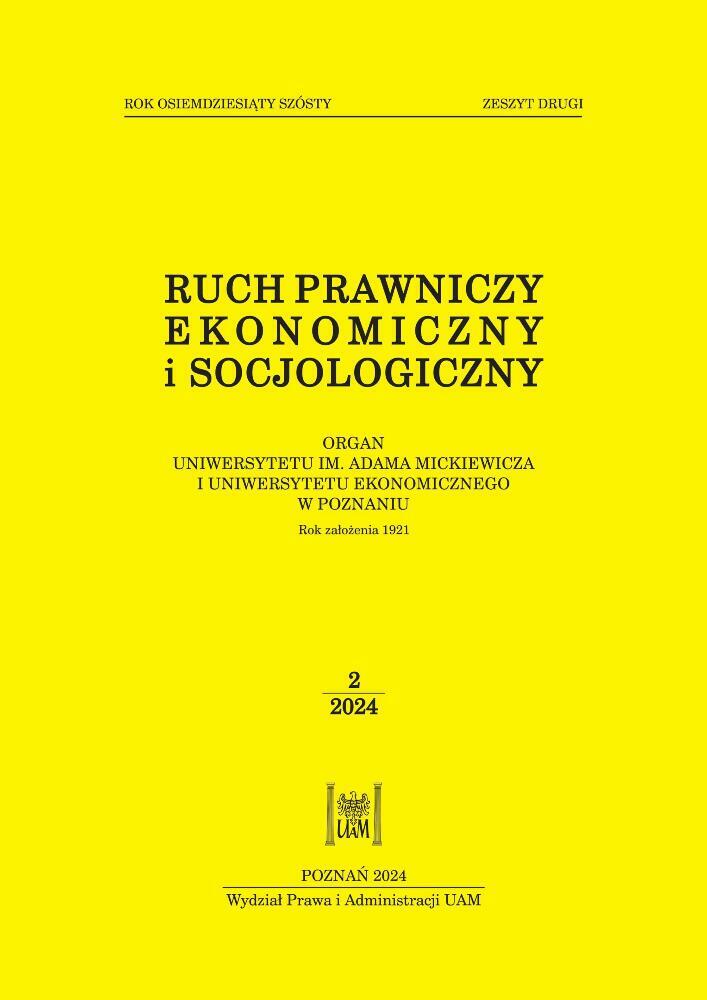The International Olympic Committee as policymaker: Identifying the leading areas of change in candidature, delivery and legacy aspects of the Olympic Games
The International Olympic Committee as policymaker: Identifying the leading areas of change in candidature, delivery and legacy aspects of the Olympic Games
Author(s): Julia JastrząbekSubject(s): Social Sciences, Sociology, Sports Studies
Published by: Uniwersytet Adama Mickiewicza
Keywords: Olympic Games; International Olympic Committee; policies; reforms; qualitative and quantitative text analysis
Summary/Abstract: Studies on policy process provide a practical methodological approach for analysing how identified problems are addressed, or how other issues receive special attention from the entities responsible for policy design. In this article, it is argued that the International Olympic Committee (IOC), as an international non-governmental not-for-profit organization, has its own initiative to design policies and reforms aimed at solving problems and challenges that emerge during each stage of the Olympic Games lifecycle: candidature process, event organization, and realization of legacy strategy. Therefore, the main aim of this paper is to identify the leading areas of change in the policy created by the IOC, based on the analysis of strategic documents published by this organization or its appointed commissions. The research applies qualitative and quantitative methods. The qualitative part is based on a critical literature review, elements of a case study, desk research, and comparative analysis. Quantitative methods are represented by the visualization of statistical data and the ‘text as data’ approach, where the IOC documents are analysed in the integrated development environment R Studio by using functions included in the quanteda R package. The main findings demonstrate the growing importance of sustainability and legacy in all aspects of the Olympic Games lifecycle, along with the implementation of consecutive policy reforms. One interesting conclusion that emerged from the analysis is that some recommendations are very similar or even recurrent. In this study, the research attention is also drawn to the fact that the usefulness and effectiveness of the policies implemented at various stages of the Olympic Games lifecycle are contingent upon the quality of the institutions of the host countries.
Journal: Ruch Prawniczy, Ekonomiczny i Socjologiczny
- Issue Year: 86/2024
- Issue No: 2
- Page Range: 215-235
- Page Count: 22
- Language: English

